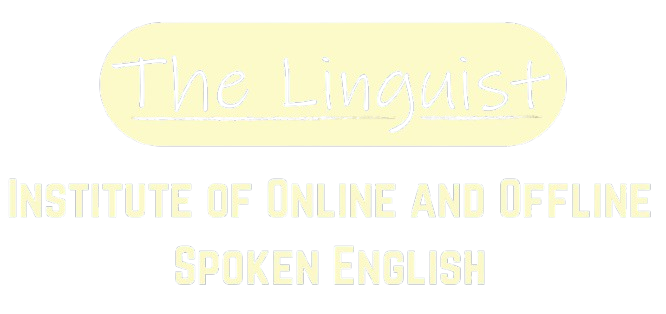
Eminent
Sentences with Eminent. 1. He is an eminent scientist. – वह एक प्रसिद्ध वैज्ञानिक है। – तो एक नामांकित शास्त्रज्ञ आहे। 2. She met

Insight
Sentences with Insight 1. She gave me insight into the problem. – उसने मुझे समस्या की समझ दी। – तिने मला समस्येची समज दिली।

Align
Sentences with Align. Align = झुलणे / मिलना 1. You should align your thoughts with your actions. तुम्हें अपने विचारों को अपने कार्यों से मिलाना

Reluctant
Sentences with Reluctant 1. She is reluctant to speak in public. – वह सार्वजनिक रूप से बोलने में अनिच्छुक है। – ती सार्वजनिकरित्या बोलायला
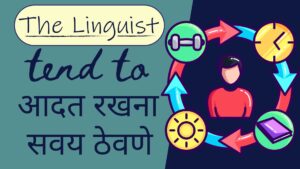
Tend to
Tend to (Hindi) आदत रखना Tend to (Marathi): सवय ठेवणे 1. She tends to wake up early. वह जल्दी उठने की आदत रखती है।
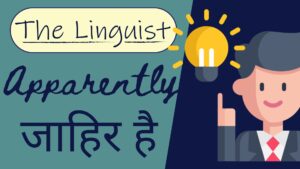
Apparently – जाहिर है
Sentences with Apparently. 1. Apparently, he is busy today. जाहिर है, वह आज व्यस्त है। दिसतंय, तो आज व्यस्त आहे। 2. Apparently, she did not
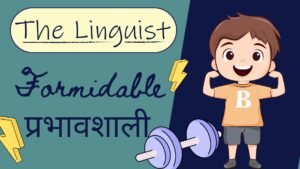
Formidable
Formidable: शक्तिशाली 1. The tiger is a formidable animal. – बाघ एक भयावह जानवर है। – वाघ एक भयाण प्राणी आहे। 2. He is

Sentences with Optimum
Sentences with the word “Optimum” 1. The room has optimum light. – कमरे में उपयुक्त रोशनी है। – खोलीत योग्य प्रकाश आहे. 2.
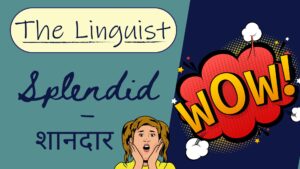
Splendid – शानदार
Splendid – शानदार 1. The view from the hill is splendid. – पहाड़ी से नजारा शानदार है। – टेकडीवरून दृश्य भव्य आहे. 2. You did
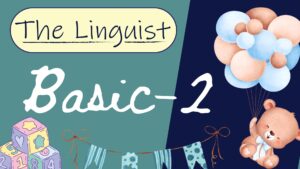
Basic Sentences – 2
Very basic sentences Part 2. I am sad. मैं दुखी हूँ। मी दुखी आहे. You are big. तुम बड़े हो। तू मोठा आहेस. She
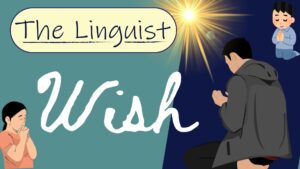
Sentences with Wish
Sentences with Wish 1. I wish to learn Spanish. मैं स्पेनिश सीखना चाहता हूँ। मी स्पॅनिश शिकू इच्छितो. 2. She wishes to visit the Taj
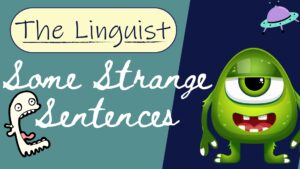
Strange sentences
Strange sentences used in conversations. 1. Why do you think socks disappear in the washing machine? आपको क्यों लगता है कि मोज़े वॉशिंग मशीन
